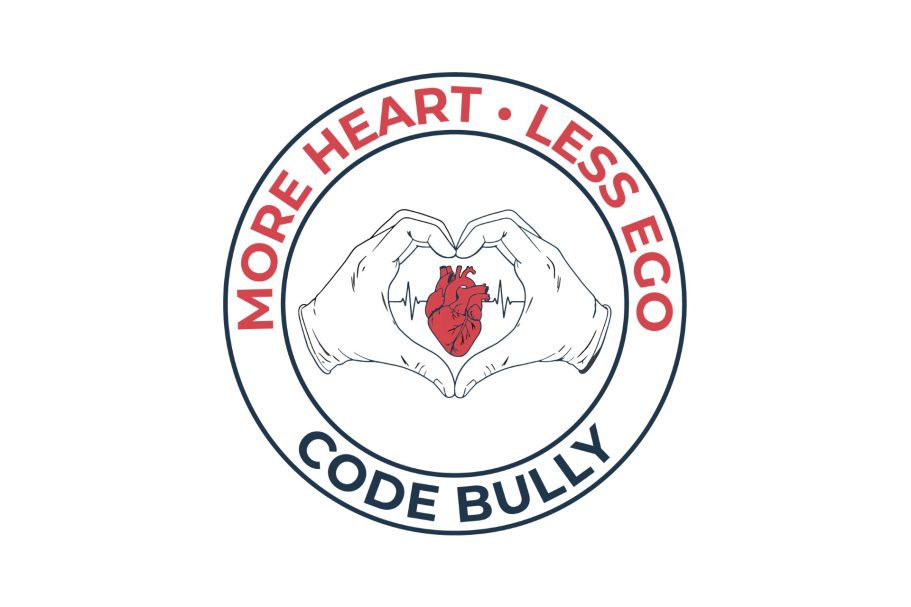PLATFORMS
MEDICAL/SURGICAL
INPATIENT
POST-ACUTE
The med/surg floor often serves adults of different ages facing diverse health concerns, from relatively simple recoveries to complex, multi-system ailments. Nurses and other healthcare professionals in med/surg settings monitor vitals, manage medications, care for surgical incisions, educate patients on disease processes, and coordinate with various specialists. Typically, patients are cared for until their condition is stable enough for discharge or transfer to another specialized unit.
- Registered Nurses (RNs)
- Licensed Practical/Vocational Nurses (LPNs/LVNs)
- Physicians (Attending Physicians, Hospitalists, Surgeons, Specialists)
- Nurse Practitioners (NPs)
- Physician Assistants (PAs)
- Clinical Pharmacists
- Physical Therapists (PTs)
- Occupational Therapists (OTs)
- Speech-Language Pathologists (SLPs)
- Respiratory Therapists (RTs)
- Social Workers/Case Managers
- Dietitians/Nutritionists
CRITICAL CARE
EMERGENCY DEPARTMENT
TRAUMA
In critical care, trauma, and emergency settings, multi-disciplinary teams work together to provide rapid, life-saving care and continuous intensive treatment which include evaluating and diagnosing critically ill patients, performing invasive procedures as necessary, managing ventilator care, trauma care, and life support measures.
- Emergency Medicine Physicians (ER Physicians)
- Trauma Surgeons
- Critical Care (Intensive Care) Physicians
- Emergency Department (ED) Registered Nurses
- Critical Care/Intensive Care Unit (ICU) Registered Nurses
- Nurse Practitioners (NPs)/Physician Assistants (PAs) in Emergency or Critical Care
- Respiratory Therapists
- Critical Care Pharmacists
- Emergency Medical Technicians/Paramedics
- Critical Care/Trauma Registered Dietitians
- Radiologic Technologists
- Social Workers/Case Managers
- ED Technicians/Clinical Support Staff
PEDIATRICS
NEONATES
LABOR AND DELIVERY
Pediatric care focuses on the health and well-being of infants, children, and adolescents, addressing their unique physical, emotional, and developmental needs. Labor and delivery care centers on guiding expectant mothers through pregnancy and childbirth. Professionals in these specialties include pediatricians, obstetricians, nurses, and support staff who collaborate to provide expert care, education, and support for both mothers and children.
- Obstetricians
- Gynecologists
- Neonatologists
- Neonatal Intensive Care Unit (NICU) Nurse
- Neonatal nurses
- Pediatricians
- Pediatric nurses
- Certified Nurse Midwife
- Obstetric Sonographer


BEHAVIORAL HEALTH
SUBSTANCE ABUSE
THERAPY
Behavioral health focuses on the connection between behaviors and overall well-being, including mental health and substance abuse concerns. Through therapeutic interventions and tailored treatment plans, behavioral health professionals help individuals cultivate resilience and healthy coping skills. By addressing emotional, psychological, and social issues, they promote positive life changes and an improved quality of life.
- Psychologist
- Marriage and family therapist
- Licensed professional counselor
- Substance abuse counselor
- Mental health counselor
- Child and adolescent psychiatrist
- School counselor
- Behavioral therapist
LONG-TERM CARE
OUTPATIENT
COMMUNITY
Long-term care and community healthcare focus on providing continuous support, assistance, and services to individuals who need ongoing medical or personal care. Professionals in this field work collaboratively to ensure quality of life, promote independence, and address the complex needs of seniors or individuals living with chronic illnesses. This important specialty emphasizes personalized care, community integration, and holistic well-being.
- Geriatricians
- Social Workers
- Palliative Care
- Dietician
- Respiratory Therapist
- Physical Therapist
- Occupational Therapist
- Speech Therapist
- RN/LPN/LVN/CNA


GENERAL
Healthcare plays a vital role in supporting and improving the well-being of the community. It involves preventive care, diagnosis, and treatment of illnesses, as well as promoting healthier lifestyles. Through partnerships between healthcare professionals, organizations, and public health programs, communities experience improved medical outcomes, better access to resources, and an overall higher quality of life.
"Only a life lived in the service to others is worth living."
-Albert Einstein



